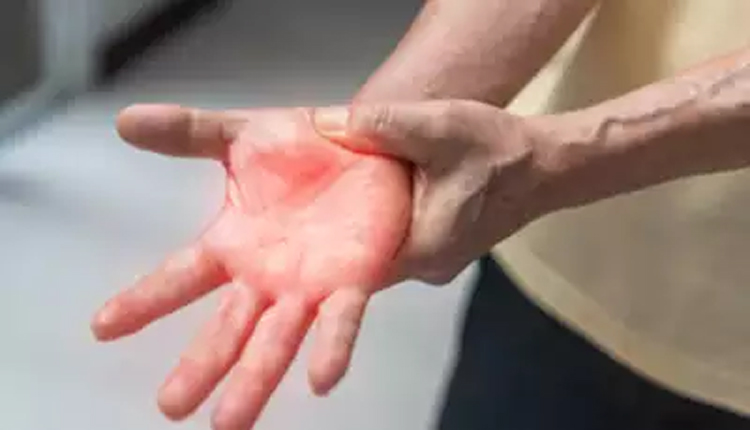Pune: The people of Pune, Maharashtra, are deeply concerned because an unknown sickness is spreading throughout their region. Nearly 70 patients suffering from Guillain-Barré Syndrome (GBS) were hospitalised during the past week, while 15 patients needed ventilatory assistance in their treatments.
The Pune Municipal Corporation (PMC) issued its advisory to handle this critical outbreak. Municipal Commissioner Rajendra Bhosale stated that GBS patients receiving treatment at Kamla Nehru Hospital will not need to pay fees. Through its healthcare initiative, the Maharashtra government now offers medical insurance worth up to ₹ two lakhs to patients seeking hospital treatment at private medical facilities.
Among the 70 affected individuals during the current outbreak, more than 12 patients require ventilators. The urgency remains high because patients from other regions need medical care in Pune. Experts believe patients develop Guillain-Barre syndrome following exposure to contaminated Campylobacter jejuni bacteria in food or water.
In patients who develop a medical condition known as GBS, an incorrect immune response targets the peripheral nervous system. These symptoms, along with muscle weakness, often come with tingling sensations and may cause actual paralysis. The disease, which began as an intestinal infection, progresses into neural system involvement.
Campylobacter jejuni bacteria cause food poisoning and diarrhoea, and researchers believe it is leading to triggering GBS. Several viral infections, including flu, Zika, Epstein-Barr, and cytomegalovirus, can serve as GBS triggers. Occasionally, GBS emerges either following vaccination or after surgery.
When GBS develops, its first presenting symptoms are sensations of tingling or numbness in limbs alongside progressively worsening muscle weakness beginning from the lower half of the body and moving rapidly towards the upper body region. This is followed by breathing issues and difficulty speaking and chewing. Hospitalisation remains necessary when individuals develop severe forms of the condition. Plasma exchange combined with immunoglobulin therapy (IVIG) and specific physical therapy methods produces beneficial results for treatment.
Professional health specialists suggest you protect against infections by following multiple safety precautions, including clean water consumption, thoroughly prepared food intake, proper hygiene habits, and precautionary steps to reduce risk.



Comments are closed.